From Nigeria to Ukraine to Berlin…
March 14th, 2022 By Bishop Ann Svennungsen
By Bishop Ann Svennungsen
Friend and former bishop, Peter Rogness, now serving as interim pastor in Berlin, surprised me with an email last week. Since our synod’s companion churches are in Nigeria and Germany, he knew the email would mean a lot.
Last Wednesday, three young men arrived in Berlin asking for assistance from the church Pastor Rogness serves. Their story began only a few weeks earlier when they left a violence-prone region of Nigeria seeking refuge in Ukraine. However, their refugee journey wasn’t over. Within weeks, their new home wasn’t just violence-prone – it was under attack from Russia.
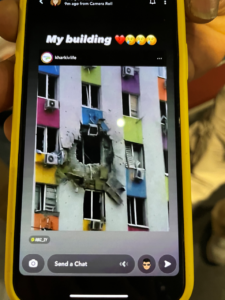
Fortunately, they were able to escape, again, along with 2.5 million refugees fleeing Ukraine.
Within weeks, their new home wasn’t just violence-prone – it was under attack from Russia.”
The Lutheran Church in Berlin loaded these young Nigerians with items from their food pantry (currently, temporary hosts of refugees are on their own to support those they take in). Imagine how that host’s grocery bill will grow with three young men at the table. And the experience of that host is multiplied many times over around the city.
LUTHERANS ARE THERE TO PROVIDE HELP. Ukrainian refugees need shelter, basic necessities and pastoral care. Lutheran Disaster Response is accompanying our companion churches in Ukraine, Hungary, Poland, and Slovakia and supporting the work of Lutheran World Federation and Church World Service.
We are deeply blessed to have an organization we trust to provide humanitarian support “on the ground.” In addition, our gifts to Lutheran Disaster Response (designated “Eastern Europe Crisis Response”) are used entirely (100%) to support the people impacted by this conflict.
In addition to the pictures available through news reports, please take a look at a picture of the Nigerians’ apartment building after it was struck by a Russian missile. Lutheran Disaster Response has also developed a 2-minute video that you can watch here.
I hope we can join together in Lenten prayer and fasting, especially for all affected by this conflict. I encourage you to give generously to LDR and our partners by donating here.
“Their name is Jesus.”
Though I can’t tell you the names of the Nigerian men that Pastor Rogness met in Berlin, I can say that these Nigerian men, like all refugees, do have a name. Their name is Jesus.
In Christ,
Bishop Ann


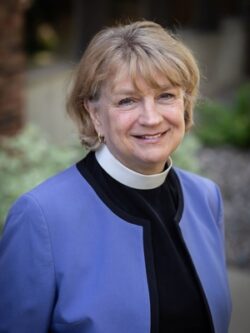
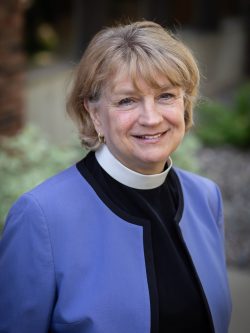
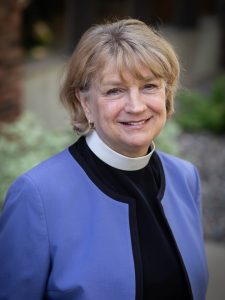 By Bishop Ann Svennungsen
By Bishop Ann Svennungsen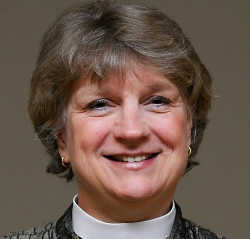
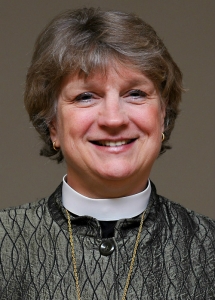 By Bishop Ann Svennungsen
By Bishop Ann Svennungsen